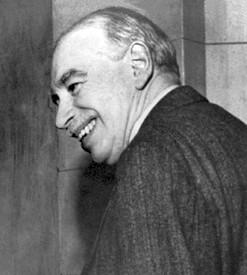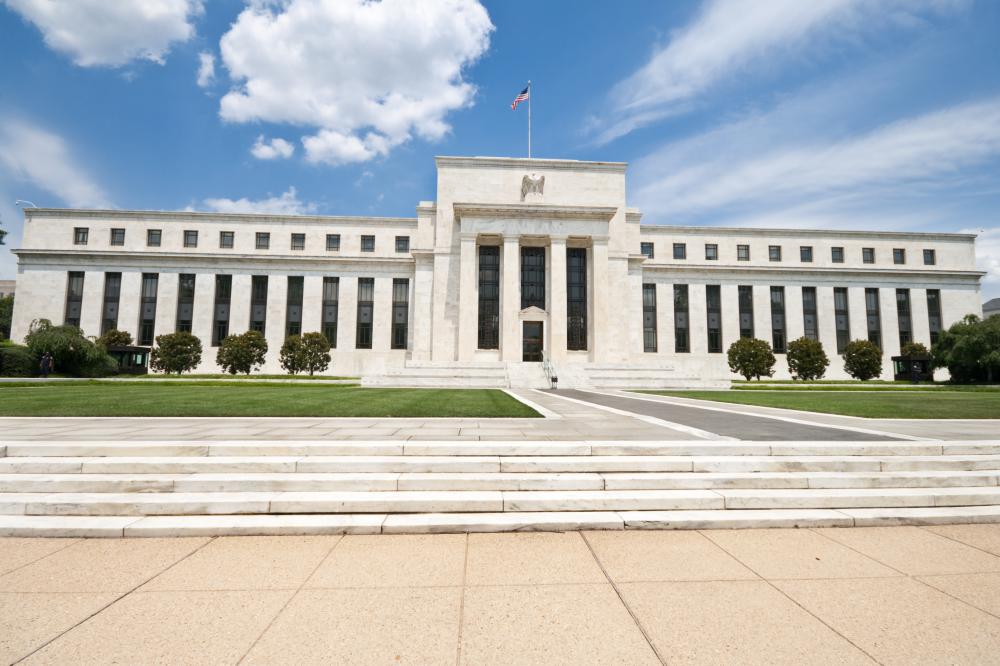At SmartCapitalMind, we're committed to delivering accurate, trustworthy information. Our expert-authored content is rigorously fact-checked and sourced from credible authorities. Discover how we uphold the highest standards in providing you with reliable knowledge.
What is the Relationship Between Money Supply and Inflation?
Inflation refers to a sustained rise in the prices of goods and services. When inflation occurs, the buying value of a currency unit erodes, meaning that a person needs more money to buy the same product. Most economists suggest there is a direct relationship between the amount of money in an economy, known as the money supply, and inflation levels. Understanding the relationship between money supply and inflation is far from easy or predictable, since inflation can easily be influenced by other factors as well.
Money supply and inflation are linked because a high quantity of money usually devalues demand for money. Imagine if everyone in a small town got a $50 US Dollars (USD) raise in salary per month. These people may have been paying $10 USD a week for gasoline, but since their raise was substantial, would now probably not mind paying $11 USD a week for gas, because it is still proportionally less than what they were paying before the raise. This is sometimes how the relationship between inflation and money supply begins, when the market can bear higher prices because money supply has gone up, yet a consumer can't buy a product for the price it was before inflation occurred because the buying power of the currency has eroded.

The relationship between money supply and inflation is explained differently depending on the type of economic theory used. In the quantity of money theory, also called monetarism, the relationship is expressed as MV=PT, or Money Supply x Money Velocity=Price Level x Transactions. The Velocity and Transactions are considered to be constants, so according to this explanation supply and prices have a direct relationship. In Keynesian theory, while there is still a relationship between money supply and inflation, it is not the only large factor that can affect inflation and prices. Generally, the Keynesian theory stresses the relationship between total or aggregate demand and inflationary changes.

Changes in money supply are often used to try and control inflationary conditions. When a region is trying to lower inflation, central banks will generally lower lending rates and increase interest. When inflation drops below a target level, these standards are generally relaxed in an attempt to stimulate the economy. Usually, countries use a federal banking system to set lending and interest limits based on economic data.

Unreserved money supply increases can sometimes lead to a condition called hyperinflation. This occurs when inflation jumps extremely high in a short period of time, though the exact definitions are somewhat variable. Economists often say hyperinflation occurs when inflation jumps 50% in a month, but other estimates are also used. Money supply and hyperinflation are linked because the condition can result from a sudden, massive pouring of money into an economy with no associated rise in production or availability of goods. If, in the first example, the townspeople got a raise of $500 USD a month, then the price of gas could suddenly multiply by many times, causing an extraordinarily high level of inflation.
AS FEATURED ON:
AS FEATURED ON:















Discussion Comments
I'm still confused as to why a country could not just increase the money supply to pay off its own debts. For example, if the country gains $150 as income such as gdp, gni, exports etc, but has an expenses of $300, meaning it has a $150 deficit by which they need to sell their assets to foreign investors or get a loan from foreign currencies to pay, what's stopping them from producing more of their own money to pay the deficit?
I mean, the money used to pay for the domestic expenses (such as military wages, medical benefits and all) by selling assets or getting loan from outside will still be in the same dollar currency, not in foreign currency.
So if the concept at the end is the same, why not just make more money ourselves, pay the expenses and save ourselves from selling our assets and getting loans from others?
I don't really see the connection between it and inflation. Because if producing more money to pay the deficit is the cost of inflation and price hikes, what's the difference between it and getting a loan to pay the expenses? The balance at the end remains the same, so why would the currency value depreciate?
@allenJo - My understanding is that the federal reserve interest rates have to do strictly with the rates the federal reserve charges banks for money they loan to banks. I don’t think there is much correlation with what the banks ultimately charge you—or pay you. That’s my take but I’m not an economics expert.
What is the relationship between the federal reserve interest rates and the money interest rates the bank charges me on the loans I take out from them—or the certificates of deposit?
@SkyWhisperer - Some people think that stimulus spending is one of the causes of inflation. With this policy the government floods the economy with more money, which makes more money available but the value of the money tends to drop as a result. You make more money available but it takes more money to buy the same loaf of bread and gallon of milk.
Some financial gurus say you should buy houses with fixed mortgages so that if inflation rises you’re paying less money for the same loan. I don’t know if that’s good advice but that’s one way they say you can beat the system.
I like this introduction to money supply and inflation. I would take one issue with the example given by the increase in salary for the local townspeople. While in theory it’s true that an increase in salary could lead to an increase in the price of goods (in this case gas), what we most often find in the real world is an increase in the price of goods and services without a corresponding increase in salary.
In other words, inflation happens, but there is no corresponding increase in salary. Other factors could cause the price of goods and services to rise. Some companies offer a cost of living increase to offset this increase in inflation, but they don’t always peg those numbers to actual inflation figures. That’s just my opinion.
Post your comments